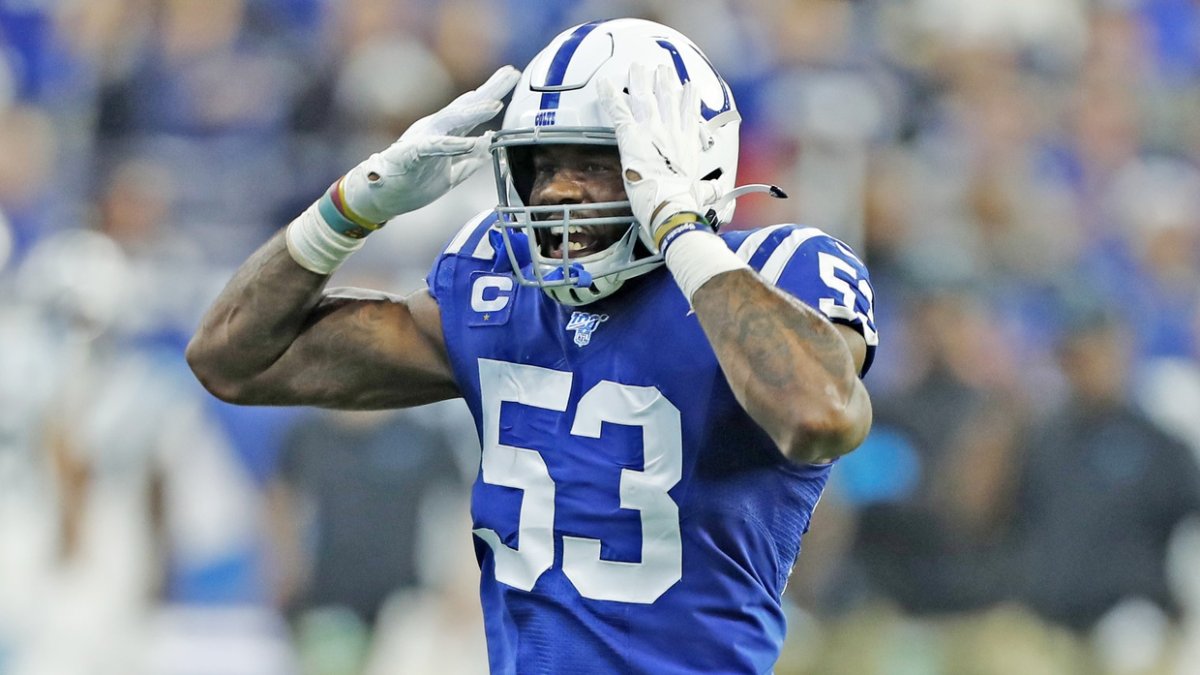The story of the 2019 Indianapolis Colts was the retirement of Andrew Luck and the subsequent struggles of the offense with Jacoby Brissett under center. It ultimately led to a 7-9 season and the signing of quarterback Philip Rivers, who seeks to finally earn a trip to the big game with Indianapolis in 2020.
Whether Rivers has a realistic chance of winning the AFC naturally also depends on his defense, and that’s exactly where another storyline for the 2019 Colts is hidden: In the shadows of their worse offense, the defense also took a big step backward from the performance we saw in 2018.
This isn’t exactly surprising, given that quick defensive turnarounds often fail to be of substance, but in the case of the Colts, it also came with a schematic change that is worth noting.
Let us recap what happened in 2018. The Colts, with new defensive coordinator Matt Eberflus, surprised the league with a reasonably good defense that finished the regular season as the eighth-best pass defense and ninth-best defense overall (both measured in expected points added allowed per play). This greatly helped the Colts to finish the regular season with a 9-1 run and also saw them shut down Deshaun Watson in a playoff game.
A conservative approach helped in 2018
The Indianapolis defense was simple yet efficient. The team played more zone than any other team in the league and lined up in man coverage on less than 20% of their coverage snaps. They interpreted the zone coverage in an extremely conservative way and forced offenses to act with the same conservatism.
Despite blitzing at one of the lowest rates in the league, passes against the Colts averaged only a depth of target of 7.1 yards — no defense defended against a shorter average depth of target.
While completing passes wasn’t a problem against them — opponents completed 74.6% of their passes, the highest figure in the league — these passes weren’t actually very efficient. No team allowed more completions that gained negative expected points added — the receiver made the catch but was tackled before he could gain enough yards to help his team’s chances to score on the drive. These were the types of tackles that helped linebacker Darius Leonard win the Defensive Rookie of the Year award.
We can perfectly summarize the 2018 Colts defense with the following heatmap.



 © 2024 PFF - all rights reserved.
© 2024 PFF - all rights reserved.